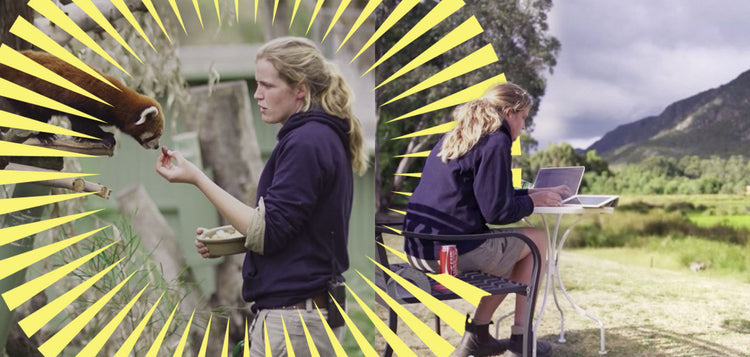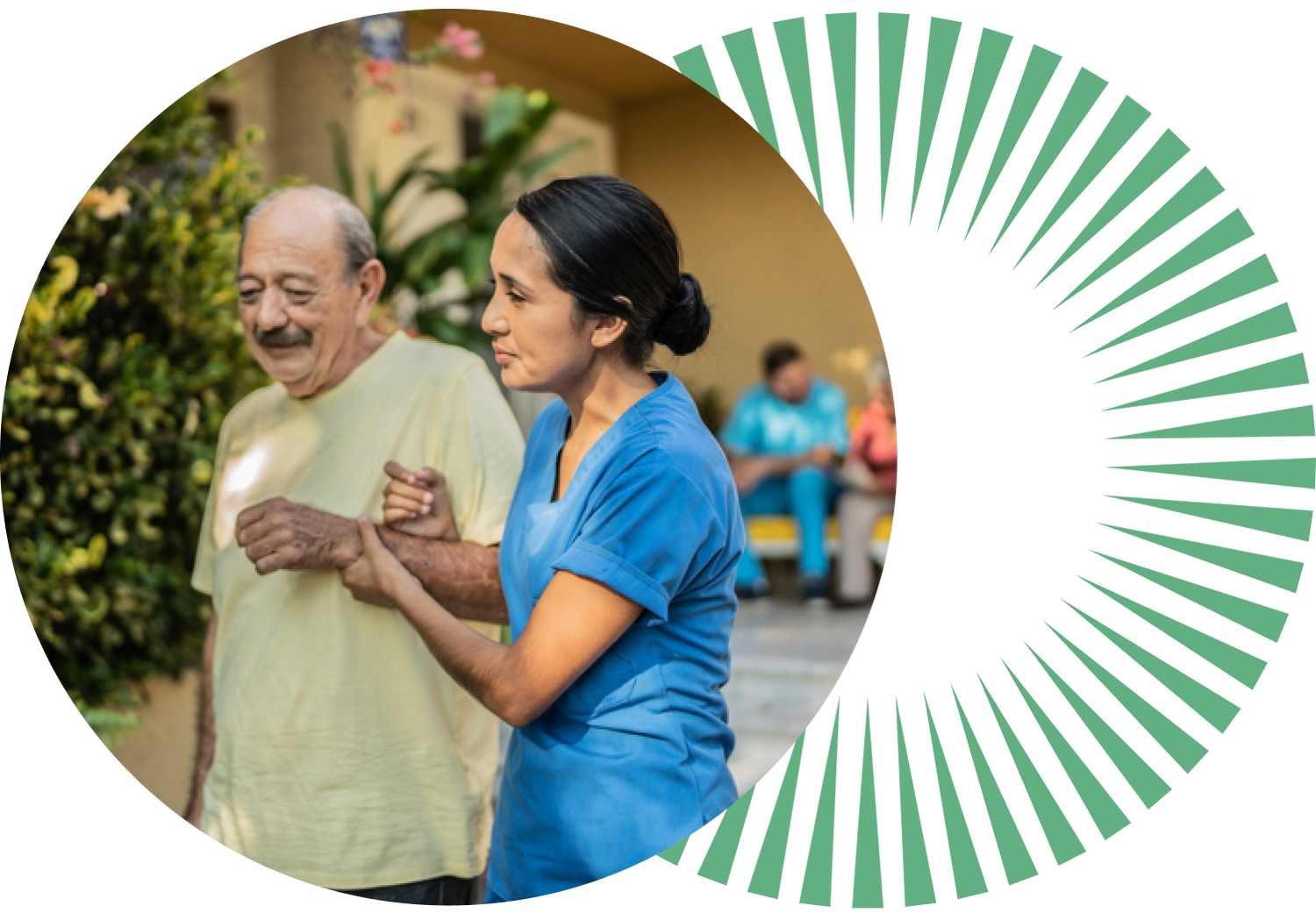Open Colleges offers a variety of flexible, online courses. So whether you want to follow a passion, take the next step in your career or start a completely new one, we have a course that can give you the skills and confidence to succeed.

Explore flexible online study options with Open Colleges
Opportunity is everywhere.
The Open Colleges
difference
Self-paced, no deadlines
Study anywhere, on any device
No exams
Popular courses
Environment & Animal Studies
ACM20121
Certificate II in Animal Care
Get ready to spend your days surrounded by animals. Equip yourself with the practical skills...
Read more
Get ready to spend your days surrounded by animals. Equip yourself with the practical skills to set yourself up for a long-term career in this popular industry. By graduating industry-ready you will enjoy a diverse range of career opportunities.
-
Flexible payment options
-
Study to fit into your routine
-
Nationally recognised accreditation
-
Start studying as soon as you enrol
-
No exams, ever.
Health & Community
CHC33021
Certificate III in Individual Support (Disability)
Join a booming industry and gain all the skills you need for lasting success as...
Read more
Join a booming industry and gain all the skills you need for lasting success as a support worker. Graduate ready to make an impact and provide exceptional support to vulnerable people.
-
Flexible payment options
-
Study to fit into your routine
-
Nationally recognised accreditation
-
Start studying as soon as you enrol
-
No exams, ever.
Health & Community
CHC32015
Certificate III in Community Services
Get ready to unlock many career outcomes. Discover all the tools you need to achieve...
Read more
Get ready to unlock many career outcomes. Discover all the tools you need to achieve long-lasting success in the booming community service sector. Graduate industry-ready and fully equipped to make an immediate impact.
-
Flexible payment options
-
Study to fit into your routine
-
Nationally recognised accreditation
-
Start studying as soon as you enrol
-
No exams, ever.
Accounting & Finance
FNS40222
Certificate IV in Accounting and Bookkeeping
Get ready to become a sought-after bookkeeper and accountant with this specialised course. Gain two...
Read more
Get ready to become a sought-after bookkeeper and accountant with this specialised course. Gain two skills with one certificate and become the highly skilled financial all-rounder that businesses are searching for. Graduate with all the skills and confidence you need to make your mark on the bookkeeping and accounting industries.
-
Flexible payment options
-
Study to fit into your routine
-
Nationally recognised accreditation
-
Start studying as soon as you enrol
-
No exams, ever.
Business & leadership
BSB50420
Diploma of Leadership and Management
Are you ready to become the leader you were meant to be? Equip yourself with...
Read more
Are you ready to become the leader you were meant to be? Equip yourself with the skills and confidence to take the business world by storm and lead a team to lasting success. Graduate with the skills to not just meet business expectations but exceed them all.
-
Flexible payment options
-
Study to fit into your routine
-
Nationally recognised accreditation
-
Start studying as soon as you enrol
-
No exams, ever.
Health & Community
CHC50421
Diploma of Youth Work
Get ready to become the advocate that young people need. Equip yourself with the job-ready...
Read more
Get ready to become the advocate that young people need. Equip yourself with the job-ready skills to transform yourself into a Case Manager who is fully equipped to make a lasting impact and guide vulnerable youth to success.
-
Flexible payment options
-
Study to fit into your routine
-
Nationally recognised accreditation
-
Start studying as soon as you enrol
-
No exams, ever.
Health & Community
CHC51015
Diploma of Counselling
Begin a meaningful career and gain the skills to get the best results from your...
Read more
Begin a meaningful career and gain the skills to get the best results from your clients and make a lasting impact. You will be job-ready and fully equipped to achieve your career goals.
-
Flexible payment options
-
Study to fit into your routine
-
Nationally recognised accreditation
-
Start studying as soon as you enrol
-
No exams, ever.
Health & Community
HLT43015
Certificate IV in Allied Health Assistance (Speech Pathology)
Get ready to enhance the quality of life for those experiencing hearing loss and speech...
Read more
Get ready to enhance the quality of life for those experiencing hearing loss and speech difficulties. Gain a versatile skill set that you will use to help Speech Pathologists diagnose and empower patients.
-
Flexible payment options
-
Study to fit into your routine
-
Nationally recognised accreditation
-
Start studying as soon as you enrol
-
No exams, ever.

I really enjoyed the flexibility of studying online. With two young kids it meant I could fit study in around them and their needs. Student support was always available and everyone was very helpful and friendly. I now work as an Education Assistant at a Primary School and I love it! I’ve recommended OC to heaps of people.
Erin
Read more

It was a very amazing experience, and after completing l was promoted. Now l am already a manager in a center. I'm so grateful to OC for doing a very good job in training me. I was equipped with lots of skills that my fellow colleagues, who are diploma qualified, never had.
Pamela
Read more

Fantastic! Enrolling myself in the Diploma and heading down the online path was daunting at first, especially juggling work and kids, but I was pleasantly surprised how user friendly the whole course has been. The course content is easy to follow and manage. You do need good time management and motivation to stay on track, however the student support has been fantastic.
Lucinda
Read more
Let's start your next education journey.
Whether you’re looking to get back into the workforce, take the next step up the ladder or start a new career completely, Open Colleges has all the information you need to find the career pathway that’s right for you.

Expert Tips to Succeed in Work Placement
Open Colleges

How to become a youth worker in Australia

Understanding Superseded Courses: What It Means for Your Education
Open Colleges

Terminology

Top qualities of a successful Healthcare Aide

Workers in Need: A Look at the Aging Care Crisis
Open Colleges

Five Quick Tips for Requesting a Reference Letter
Open Colleges

The Five Best Careers Working with Children
Open Colleges

Let over 100 years of
experience be your teacher.
125 years
of education100+
Educators450,000
Success Stories








